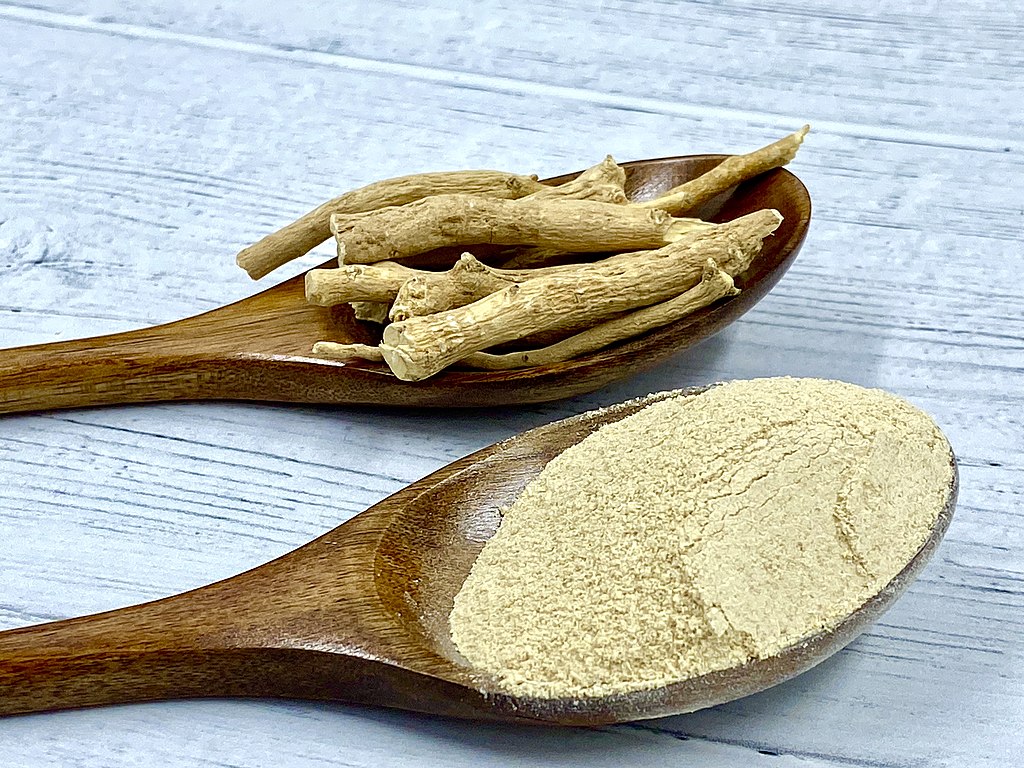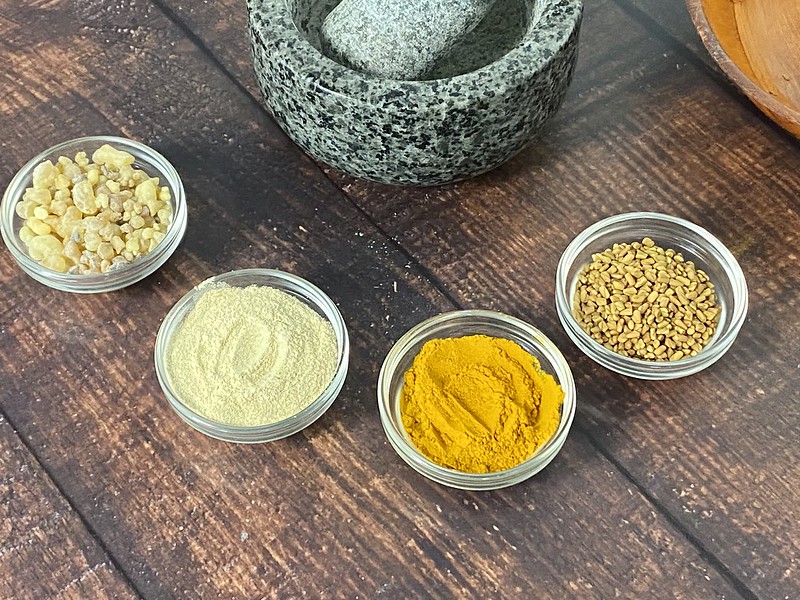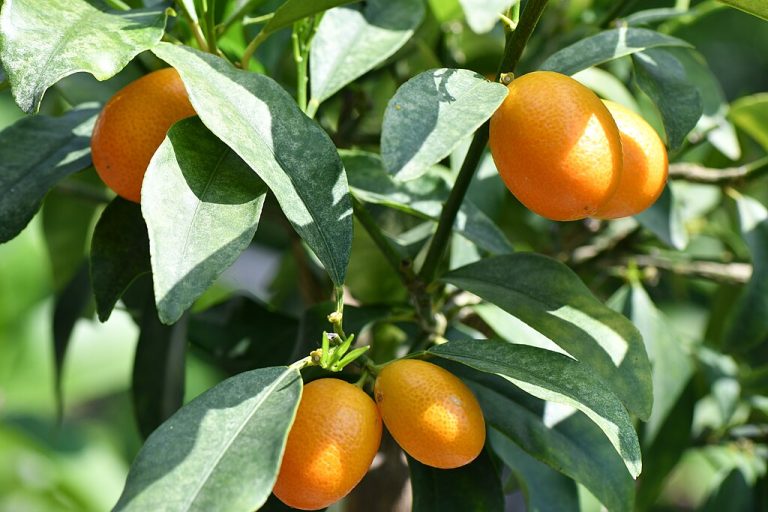Ashwagandha (Withania somnifera) is an evergreen shrub of the nightshade (Solanacea) family that has been used in Ayurvedic medicine for over 3,000 years.
The plant bears medicinal berries — popularly known as “winter cherry,” and its roots are known as “Indian ginseng.” The name in Sanskrit refers to the root’s potent smell (gandha) of horse (ashwa), and hints at its purported capacity to imbue one with the vigor and strength of a horse.
Ashwagandha supplements have recently gained popularity among celebrities and health enthusiasts to help maintain overall wellness.
Traditional use
Ayurveda classifies ashwagandha as a “Rasayana,” one of a select group of revitalizing herbs that are meant to support mental and physical well-being, cure sickness, and prolong life. It has historically been used to treat a wide range of illnesses — including rheumatoid arthritis, epilepsy, diabetes, skin disorders, exhaustion, and stress.
The adaptogenic qualities of ashwagandha are especially notable. Adaptogens are natural substances that support the body’s ability to adjust to stress and restore normalcy to internal functions. Ashwagandha has become increasingly popular today, as individuals look for all-natural solutions to reduce stress and enhance their general well-being.
Healing properties of ashwagandha
Success
You are now signed up for our newsletter
Success
Check your email to complete sign up
Ashwagandha root is used to treat various conditions — including rheumatism, leucoderma, constipation, sleeplessness, nervous breakdown, goiter, and vitiated vata conditions. Considered safe for all ages, children commonly take a tonic combined with milk. Ashwagandha is also believed to help slow the effects of aging.

When paired with other remedies, ashwagandha root may also effectively treat scorpion stings and snake venom.
Like many herbs, the entire plant — including its leaves, blossoms, and seeds — has medicinal value.
- The bitter tasting leaves help to reduce fever and uncomfortable swelling.
- The flowers are astringent, diuretic, aphrodisiac, and purifying.
- The seeds are anthelmintic (they can eliminate parasitic worms). Combined with an astringent and rock salt, they are used to remove white spots from the cornea, relieve hysteria and anxiety, and boost sperm count.
Ashwagandha contains several bioactive compounds, such as withanolides, alkaloids, and saponins that are credited for many of the herb’s pharmacological properties.
One of the main withanolides, withaferin A, has demonstrated significant antioxidant, anti-tumor, and anti-inflammatory qualities. Ashwagandha’s varied chemical composition enables it to affect many bodily systems, providing a multitude of medicinal advantages.
Health benefits of ashwagandha
Reduction of tension and Anxiety
Research has shown that ashwagandha is effective in lowering levels of tension and anxiety. The plant appears to modulate the hypothalamic-pituitary-adrenal (HPA) axis, thus lowering cortisol levels. For those who are under a lot of chronic stress, ashwagandha root extract can dramatically reduce stress levels and improve quality of life.
Enhanced Cognitive Capabilities
Ashwagandha has been found to improve memory and cognitive function due to its antioxidant properties and the protection of nerve cells from oxidative damage.
Antioxidant and Anti-Inflammatory Properties
Powerful anti-inflammatory and antioxidant properties present in Ashwagandha help lower C-reactive protein (CRP) and other inflammatory markers while boosting the activity of two naturally occurring antioxidant enzymes. This phenomenon helps mitigate chronic inflammation and oxidative stress that can lead to chronic illness.
Boosts Reproductive Health
Ashwagandha has been used in traditional medicine to improve fertility and reproductive health, which are negatively impacted by stress. By alleviating stress, this adaptogen helps promote hormonal balance in women and enhance sperm quality and motility in men.
The broad range of traditional uses for this herb is being explored and expanded upon by scientists, and contemporary research reveals benefits in the above-mentioned areas, as well as blood sugar regulation, thyroid function, and physical performance.
Using ashwagandha

The benefits of ashwagandha may be amplified by combining it with other adaptogens such as holy basil or rhodiola. Of course, maintaining a healthy diet and getting regular exercise — along with sufficient sleep — will also enhance ashwagandha’s effectiveness.
The comprehensive benefits of ashwagandha make it a valuable addition to both preventive and therapeutic health practices. It can be easily incorporated into your daily routine via capsules, powders, gummies, liquid extracts or teas — all of which are commercially available.
Ashwagandha is generally considered safe and side effects are rare; but it is advised to choose products from reputable sources to ensure purity and potency.
If you feel stress is impacting your health, ashwagandha is a flexible and potent adaptogen worth considering as a part of your holistic approach to wellness.







